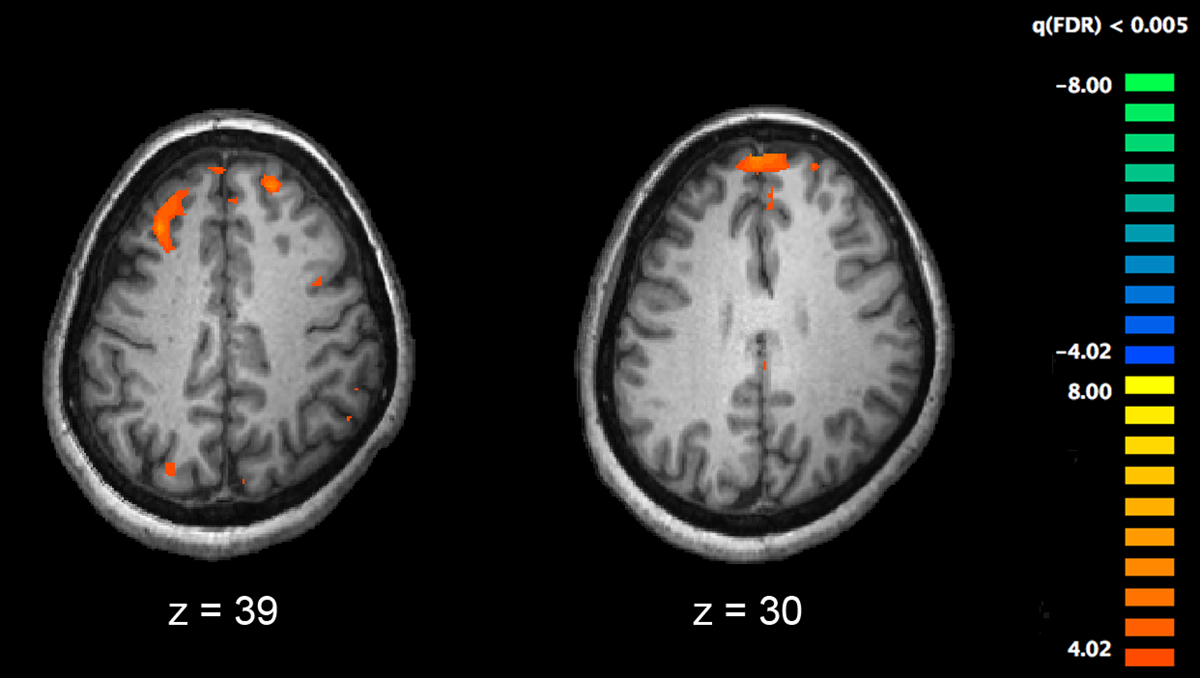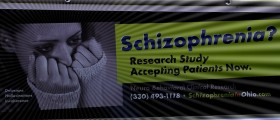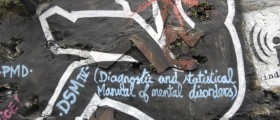
Schizophrenia is a severe mental disorder and serious lifelong health problem. Schizophrenia is defined by an almost complete breakdown of thought processes and emotional receptiveness. Most of the people suffering from schizophrenia experience first symptoms of this serious mental illness in young adulthood. It is estimated that schizophrenia affects around 0.3–0.7% of people at some point in their life, and affects 24 million people worldwide. The prevalence of this disease varies across the world and at the local and neighborhood level. However, schizophrenia remains poorly understood and associated with a severe social stigma. These patients are often marginalized, as many people believe individuals with schizophrenia are very likely to act violently against others.
Confusion and marginalization
Individuals suffering from schizophrenia may have different manifestations of this disease, associated with significant social or occupational dysfunction. The disorder usually affects cognitive processes, but it also contributes to different behavioral and emotional problems. In many cases, patients with schizophrenia have additional mental disorders including major depression, anxiety disorders or substance-related disorders. Because of this, patients with schizophrenia often lose their jobs, or fail getting a job at the first place. They often end up in poverty and homeless. Moreover, their life expectancy is up to 15 years shorter than of the people without this disease. In most severe cases, these individuals end they lives in suicide.
Signs and symptoms of schizophrenia
For most of the patients, the early onset of schizophrenia starts with the late adolescence or early adulthood. Most of the patients, especially males, diagnosed with schizophrenia, expressed first symptoms of the disease before the age of 20.
People suffering from schizophrenia commonly experience hallucinations, delusions or disorganized thinking and speech. Typically, their hallucinations are auditory, involving perception of sounds without an auditory stimulus. These patients often experience persecutory delusions in which they think some kind of harm is occurring or is going to occur. Often people with schizophrenia believe that the persecutor is chasing them with the intention to cause harm. Their thought and speech disorder usually appears like a flow of sentences that have no meaningful connection. The symptoms are accompanied by the noticeable lack of emotional receptiveness, social isolation, neglect of personal hygiene and dressing, and total decrease in healthy motivation.
In some cases, schizophrenia has extremely odd manifestations in which the patients, for example, stop speaking for a couple of days or even weeks, or stay motionless holding one bizarre position. Sometimes, instead of the loss of motor skills, patients may experience constant hyperactive motor activity, that continues despite any external stimuli.

















Your thoughts on this
Loading...